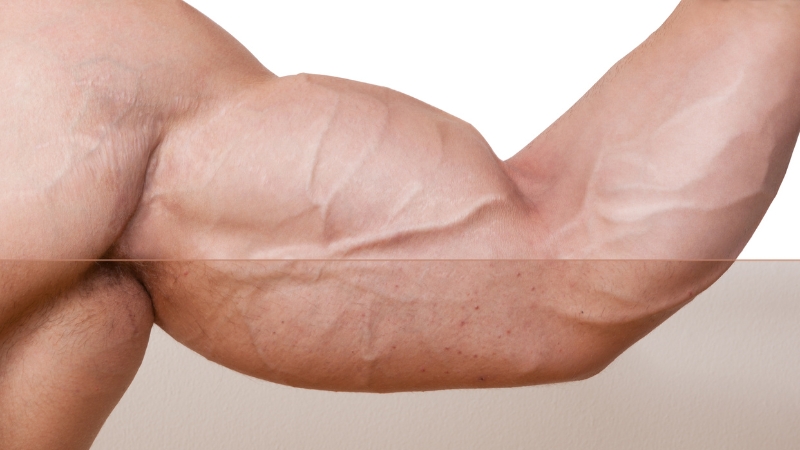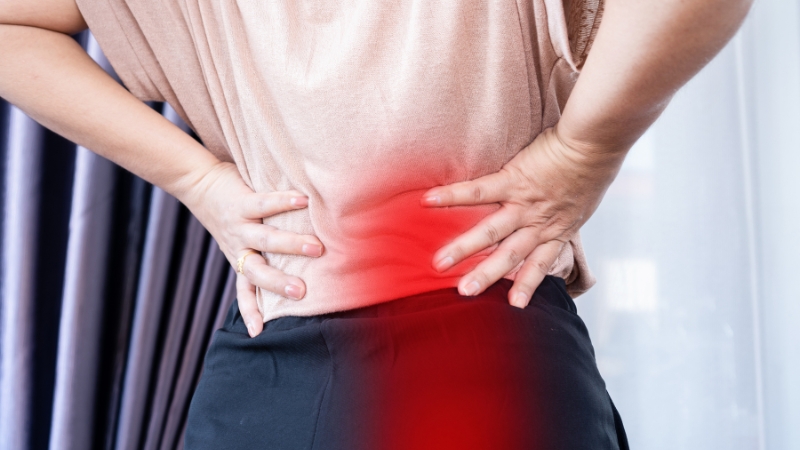
Share Post:
When I first started hearing about how exercise could affect both body and mind, I was skeptical. Could something as simple as moving around more really change the way we feel or think? Turns out, the answer is a resounding yes.
After reading the research that was my main source for this article, I’ve discovered that movement is a powerful tool for improving both mental and physical health.
Today I’ll talk about how we can make it work for us and use all of the benefits movement can provide.
Table of Contents
ToggleWhat Happens to Your Brain When You Move?

You’ve probably heard of a “runner’s high,” right? That euphoric feeling some people get after a good jog isn’t just folklore. Exercise releases chemicals like endorphins and serotonin, which help improve mood and reduce stress. Think of it as your brain’s way of saying, “Thank you for taking care of me!”
But that’s not all. Movement triggers something called neurogenesis—the growth of new brain cells. It also strengthens connections between existing cells and reduces inflammation in the brain.
Exercise and Mental Health
When life feels overwhelming, exercise might be the last thing you want to do. I’ve been there. But science is pretty clear: regular movement reduces symptoms of anxiety and depression.
For those dealing with conditions like schizophrenia, exercise does more than just lift spirits. Research shows that regular physical activity can reduce negative symptoms, improve thinking skills, and boost overall well-being. While it’s not a standalone treatment, it can complement medication and therapy, making day-to-day life feel a little more manageable.
Ever Heard Of Gambling Disorder?

Gambling disorder often flies under the radar but can be incredibly debilitating, affecting both mental and physical well-being and working out is an excellent gambling disorder treatment.
Exercise offers a surprising yet effective outlet for those battling this condition. Studies have shown that physical activity can help reduce the cravings and stress associated with gambling by regulating mood and providing a healthy distraction.
*Movement also helps combat the emotional highs and lows that often accompany gambling cycles, allowing individuals to regain a sense of control and balance.
Physical Health Matters Too

For those with mental disorders, physical health typically takes a back seat. Unfortunately, that can lead to higher risks of chronic illnesses like heart disease or diabetes.
The good news? Regular movement reduces those risks. Here’s a quick look at some physical perks:
- Heart health: Keeps your ticker strong and lowers blood pressure.
- Improved strength and flexibility: Reduces aches, pains, and risk of injury.
- Better immune system: You’ll fend off illnesses more easily.
- Increased energy levels: Say goodbye to those midday crashes.
By improving physical health, exercise indirectly supports mental health. When your body feels good, your mind benefits too.
Why Is It So Hard to Get Started?

Let’s be honest: knowing something is good for you doesn’t always make it easier to do. Starting a workout routine, especially when dealing with mental or physical challenges, can feel impossible.
Depression, for example, can drain your energy, making even small tasks feel monumental. Fatigue – whether caused by a mental health condition or its treatment – can add another layer of difficulty.
And then there’s fear. Fear of being judged. Fear of not doing it “right.” Even practical concerns, like not having enough time or access to a gym, can make starting feel impossible.
My Two Cents on Breaking Through
Start small. Like, ridiculously small. Forget hour-long workouts or intense routines, begin with just five or ten minutes a day.
Try walking around the block, dancing in your living room, or doing a few stretches in bed.
- The point isn’t to be perfect; it’s to get moving. Once you start, momentum builds.
- Focus on what feels good. If running isn’t your thing, try yoga, dancing, or even gardening. Movement is movement.
- Don’t worry about perfection. It’s okay to miss a day or take it slow. The goal isn’t to “win” at exercise, it’s to build a sustainable habit.
What’s the Science Behind Exercise as Therapy?
We’re not just talking about personal anecdotes here.
Research overwhelmingly supports the idea that exercise can be therapeutic for mental and physical disorders.
As we’ve already mentioned, studies have shown that physical activity significantly reduces symptoms of depression and anxiety. It also enhances cognitive function and emotional regulation in people with schizophrenia.
And when combined with traditional treatments like therapy or medication, exercise often amplifies the benefits.
So why isn’t exercise more commonly prescribed? Barriers like lack of clinician training and limited resources make it harder to implement in healthcare settings. But as awareness grows, more people are recognizing its potential.
Choose What Works for You
Not everyone enjoys the same activities, and that’s okay. If you love being outdoors, go for a hike or a bike ride. Prefer something low-impact? Try Pilates or swimming. The key is finding something you enjoy so it doesn’t feel like a chore.
Build Slowly
It’s tempting to dive into a full workout plan right away, but that’s typically a recipe for burnout. Instead, ease into it. Start with short sessions a few times a week, and gradually increase as you feel more comfortable.
Celebrate Small Wins
It’s easy to focus on what you didn’t do—how far you didn’t run, or how long you didn’t work out. But every step forward counts. Celebrate those small victories, because they’re what build long-term habits.
Why It’s Worth It
I’ll be honest, there are still days when I don’t feel like moving. But when I push past that initial resistance, I’m reminded of why I keep showing up. It’s not just about looking a certain way or hitting a fitness milestone. It’s about feeling stronger, clearer, and more in control.
For anyone dealing with mental or physical challenges, movement is a powerful tool. It’s not a magic fix, but it can make a meaningful difference. It’s a way to reclaim a sense of agency and reconnect with your body and mind.
Sources
1. NCBI – Physical activity, exercise, and mental disorders: it is time to move on
2. WebMD – Exercise and Schizophrenia: What’s the Link?
Related Posts:










